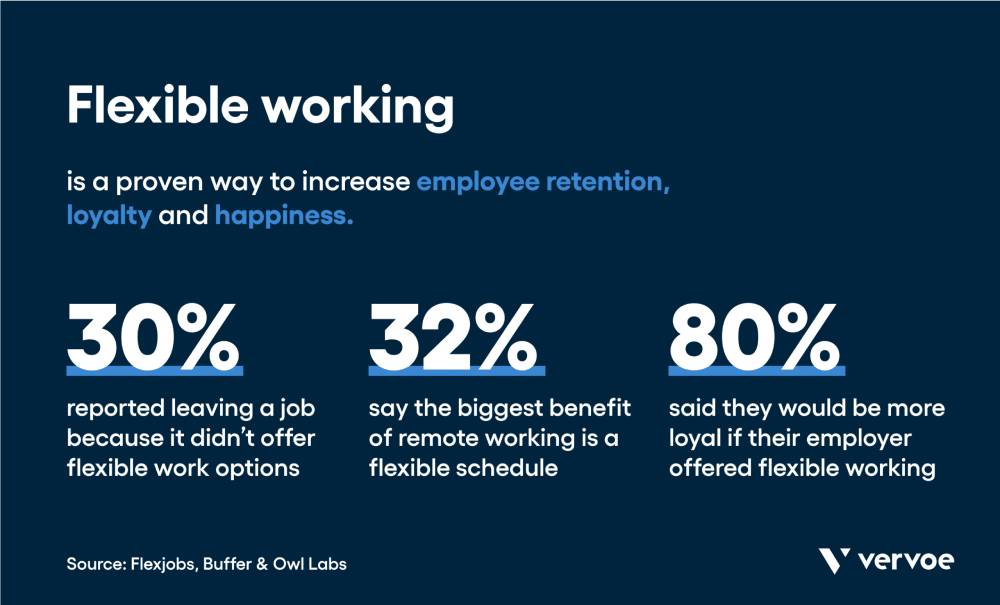
Organisations were hesitant about the concept of allowing a significant portion of their workforce to work from home. This is despite several studies over the years demonstrating that productivity does not suffer when individuals work remotely.
Working from home remained an exclusive employment option. However, the epidemic then took place. We quickly adopted working remotely as a corporate need rather than an employee benefit.
Many business executives have recently advocated for a return to the office or even eliminating earlier hybrid choices. However, there are some valid reasons why a boss may not like working remotely as well. So let’s look more closely at each of the potential causes below.
Reasons Why Managers Hate Remote Work
Difficulties in team cooperation
The effects on team cooperation are one reason managers detest working remotely. Getting everyone working together to solve an issue or finish a project is one of the objectives of a manager. Remote employment is more challenging and might impede that.
Although this is a valid excuse, managers often lack the necessary knowledge or preparation to deal with changing communication dynamics. Fortunately, distant communication technology and other businesses that have blazed the trail in this area exist.
Lack of control
There is a sense of losing control among managers and other leaders. This is particularly typical of those obnoxious micromanagers.
But for the majority, it’s just a basic truth that remote workers can’t “check in” as readily. For instance, office managers may stroll by workstations, inquire about projects, and keep an eye on the group.
However, our guiding principle has always been: why recruit a team in the first place if you can’t trust them? Collaboration and productivity may continue without a manager’s ongoing supervision with effective remote communication abilities.
Lack of exposure
Managers may despise remote work in addition to feeling out of control due to a lack of regular sight into employee activity.
This is often acceptable since managers may not be aware of who has the time to work on projects, where tasks are getting stuck, or how teams are doing. But once again, there is another area where micromanagers may overdo their management.
Several project management, reporting, and chat solutions are available for those remote managers, making it simple to guarantee that projects are visible. Although managers may not be watching everything every day, they shouldn’t have to watch everyone all the time.
Widespread misunderstandings
Unfortunately, there are widespread misunderstandings regarding several things in the workplace. Many managers who have little experience or are new to working digitally have preconceived notions.
Some common misunderstandings about remote work include the notion that it would harm careers, reduce productivity, prevent remote employees from working, etc. There is a tonne of information and research huge support the claim that none of these have been shown to be true.
A greater emphasis on hours than outcomes
All business executives want outcomes. Additionally, employees strive to demonstrate their productivity by working eight-hour days.
However, the traditional mindset of staying in your seat for those precise hours, arriving first and leaving last, and volunteering for additional shifts is fading. The focus should be on the outcomes rather than how many hours were put in.
Additionally, remote employment prioritises outcomes over labour, which might increase managerial pressure to have teams perform. The urge to report back to their managers is increasingly driven by outcomes rather than hours worked how it should be at all times.

2022 remote work statistics (Source)
Lack of distant expertise
As was previously said, managing remote teams is quite different from managing teams in an office setting. Additionally, the distant leadership abilities necessary for managerial success may be much different from what people are used to.
The majority of managers will possess distinctive knowledge and abilities, but not all of those abilities translate effectively to a remote setting. If they are unwilling to change and adapt, they will discover that their task becomes considerably more difficult very soon.
Reputable employers that recruit remotely will provide managers with tools, policies, and other training to assist them in becoming used to working virtually. However, even if the business doesn’t, the manager should still take steps to develop personally and learn. Some of them even provide gym memberships, home office decorating budgets and more.
A decline in confidence
Finally, we believe that why managers hate remote work is because they lack confidence.
They felt at ease, had “status” as the boss, and had a little power dynamic that put them “above” other people in the workplace.
People’s egos may be delicate, and remote employment changes a lot of the management positions. Since there isn’t a clear authority structure absent of physical presence, the manager may feel as if they aren’t actually leading any more.
Being heard and seen in the same manner as at the workplace is more difficult. And self-confidence may be destroyed when you add it to a lack of knowledge or expertise in remote work. Therefore, the issue right now is remote work.
More effort is required
Building a good team is difficult with a remote workforce and takes time and effort. In the long term, however, that additional effort relaxes.
For many managers, the difficulty is changing techniques they have mastered into something entirely new. What works in the office doesn’t transfer as well to the remote environment.
It implies that more effort is required to monitor performance, guarantee teamwork, and spend time with team members. Otherwise, there’s a chance that remote employees will become less productive, teams will get siloed, and people will start searching for other positions.
Lot of work
It’s not difficult to have everyone under one roof. For many years, the corporate world has been doing this. It’s more difficult when the labour is scattered extensively. A hybrid strategy that requires employees to visit the workplace twice a week raises the bar for logistical challenges.
Everyone will need to be monitored by managers. To make things work out properly, they’ll need to put in a lot of time, effort, planning, and empathy. There is a considerable danger that distant employees may feel excluded if the strategy is not implemented properly.
Conclusion
We guess we have answered why managers hate remote work. Leaders seemed first shocked by the increase in productivity. However, several CEOs and other top executives have recently urged their staff to ‘get back to work’. Despite the fact that working remotely is becoming more and more common, many managers still dislike it.
Companies ignore the needs and want of employees, notwithstanding their wishes. The administration is making a lot of effort to get workers back in their offices. However, they should understand that if an employee is happy, his productivity will also increase.
